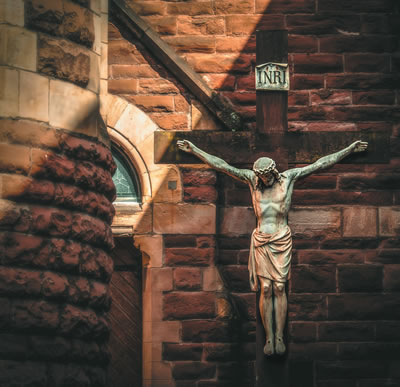
Every December 1, World AIDS Day is observed globally. Some might wonder why, despite over 40 years since the first reported AIDS cases and significant progress in medical research and effective treatment enabling people with HIV to lead long and healthy lives, we still struggle with this disease as a public health challenge.
In the latest reports from UNAIDS, global efforts to end HIV have achieved major milestones. New HIV infections have been reduced by 59% since the peak in 1995, with a nearly 70% decrease in AIDS-related deaths since 2004 and the lowest new HIV infection rates since the 1980s. Despite this progress, AIDS still claims a life every minute. In 2022, there were 39 million people living with HIV, and 9.2 million people living with HIV did not have access to life-saving treatment. In the Asia-Pacific region alone, 6.5 million people are living with HIV with 300,000 new infections.
 World AIDS Day serves as a reminder that HIV remains a pressing concern. There is an urgent need to prevent the spread of the virus, increase awareness of the impact of HIV on people’s lives, fight stigma and discrimination, and improve the quality of life for people living with HIV.
World AIDS Day serves as a reminder that HIV remains a pressing concern. There is an urgent need to prevent the spread of the virus, increase awareness of the impact of HIV on people’s lives, fight stigma and discrimination, and improve the quality of life for people living with HIV.
This year, I worked in collaboration with migrant centers and selected parishes to hold the second art competition for World AIDS Day as part of our ongoing HIV awareness and education campaign in the Hsinchu diocese. This year’s theme, “Communities that Lead: Nurturing Hope together,” inspired 48 participants from migrant and immigrant communities to share artistic messages of hope. Their artworks were featured in our online art exhibit on social media, receiving a lot of positive response from the online community.
The winning entry was entitled “The Enlightenment,” created by Ms. Menchie Manikan. Her artwork depicted the message that “Communities that lead are engaged in the supportive act of nurturing hope for everyone. This is essential in cultivating a positive mindset and fostering resilience in life, especially during challenging times.” Elements in the artwork represented knowledge, compassion, and acceptance, which as a whole symbolize enlightenment. These elements are the strongest allies of justice in the fight against HIV. Surrounding the cross is the AIDS Red Ribbon, showing that our hope is in Christ in breaking every chain of stigma that pulls us down. She also emphasized that “together, we can create a world free from stigma where every individual’s dignity and rights are upheld.”
I am truly humbled and inspired by the response and support our activities have received since we began our campaign. My heart is filled with gratitude in experiencing God’s unwavering presence in every person I worked with and encountered throughout the whole experience. I pray that the Holy Spirit continue to guide us in building a community of hope where each person is able to live with dignity and love.
Columban lay missionary Jao Resari lives and works in Taiwan.